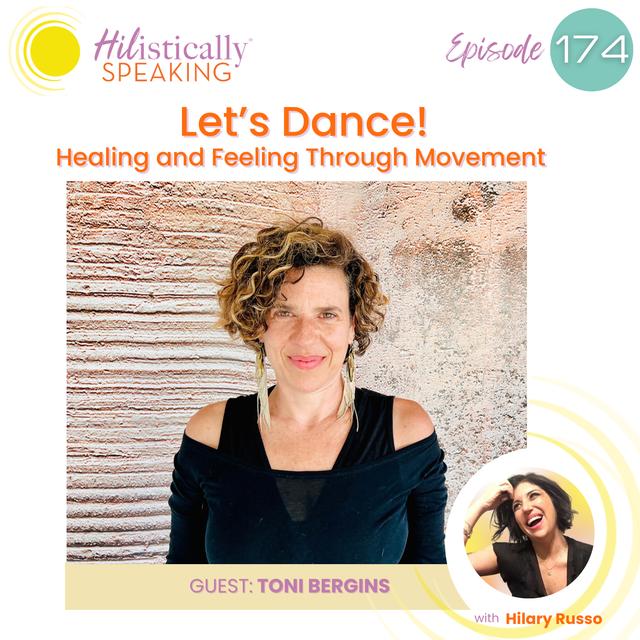And there was a book that I read that actually one of my professors gave to me, and it was called Personality Isn't Permanent by Benjamin Hardy, and I love Benjamin Hardy books it's so good and it just, oh my God, that was one of the catalysts to me working through my trauma and it just gave me such a different perspective of I can be whoever I want to be. I can walk into a room and introduce myself as hi, I'm Emily, I'm a therapist, I love running, I live in St Pete, I have my dog, kylo.
Instead of like, hi, my name is Emily, and like I was abused as a child and I have all this trauma and I'm broken and like I'm doomed because that's how I felt for so long.
I felt like people could look at me and see that like I'm broken and that there was something wrong with me that's a really good point because I think in this day and age, trauma has become a buzzword everywhere and, while we have the big T's and the little t's, it's encouraging people that, yes, we have trauma and it probably and doesn't ever go away.
It's building a relationship with it, understanding it and being able to say that this thing happened but it's not happening right, and build that, that love and that relationship with that part of ourselves that we're able to cultivate a new, healthier relationship with ourselves.
really, you know, it's about, yeah, killing parts of ourselves more than trying to change anyone else yes, yes, I love what you said of like building a relationship with that part, because for so long I think I hated that part of myself that felt abandonment and shame and guilt and embarrassment, like I didn't like her, and it was hard for me to have empathy for her and to work through that because it kind of I just hated it so much and I hated that it happened and there was a lot of acceptance.
That needed to happen for me to get there. And that book just helped me see that I actually am in control of the rest of my life and I can take responsibility for my future and I can let this stuff go and how I remember it and perceive it and tell the story. It's really just narrative therapy. The whole book is like narrative therapy and just rewrite your story. Like how do you want to introduce yourself? Who do you want to be in the future? Like I want to be a business owner one day.
I want to write books, I want to do TED Talks, I want to make an impact, I want to be a successful woman in this industry and maybe changing the word to what does that look like?
Change the word to I will, right, I will, I will, I am, are right, it's the I am. I'm here a little coaching while we're doing our our interview here, because it's it's, it's really. You're in that process and I. The one reason why I loved our connection is because I see parts of myself in you and where I was at your age. But I don't think we were talking about so much of mental health publicly and openly when I was in my 20s.
And so when I am with my students or anyone that's in their 20s, navigating through life, trying to figure out where they're going to go next, I get so excited because I'm like, oh my gosh, they are so much further ahead than I was when I was in my 20s because we didn't have these conversations. So it's empowering to hear someone who is just starting out on this journey, really in a career, really choosing to be the architect of their own life.
And especially, I get even more jazzed when I know that they want to go into this field. Especially, I get even more jazzed when I know that they want to go into this field because there's so much we can do to create a community, a world where a collective, where we're helping each other on this process, you know, and it's exciting, so I'm just excited for you because I know it's, it's, it's the journey that's just in process.
And it's beautiful yeah.

